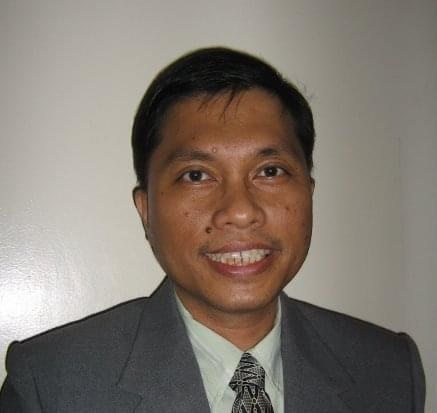OBLIQUE OBSERVATIONS
By Atty. Gilberto Lauengco, J.D.
We begin with a survey
Share
“Survey and test a prospective action before undertaking it. Before you proceed, step back and look at the big picture, lest you act rashly on raw impulse." - Epicetus
Lately, I have had several meetings that follow a recurring pattern. The conversation almost always begins with the same statements. “Atty, I want to run in the next elections. I know I can win because the people I meet tell me I can win.” I then ask them if they have commissioned a survey for this purpose. The response is almost always negative. It is either they do not believe or do not appreciate the relevance or importance of surveys as a starting point for any political decision.
Even at this day and age, there are many who do not understand or trust surveys. What is even more surprising is that there are some who do not even believe the surveys they commissioned themselves.
One of the common questions on the veracity of survey is the sample population size. How can a very small population size reflect the opinion of a larger population.
A veteran election expert who focuses on quantitative analysis once gave me the best explanation I have heard so far. When eating a cake, you do not need to eat a whole cake to know how it tastes. You just need to slice a piece of it and then eat it. The trick is in the way you slice it. You need to get a complete cross section of the cake.
In the same manner, there is a science in determining the sample population that would accurately reflect the entire target population. At any rate whether you believe in surveys or not, I can give you a slew of evidence that can prove the high rate of success of some survey firms.
In any endeavor, a baseline survey of one kind or another is essential to understand the lay of the land. A baseline survey is a research tool that tells you what the relevant status quo is the state of other pertinent factors that could affect your project. For example, a project that seeks to decongest traffic needs to determine certain things like root causes of traffic, present road use, road network, geography and other relevant as a starting point for any such project. Without the baseline survey, it would be difficult to set a direction for any plan.
On the other hand, baseline political surveys are quantitative tools that focus on political opinions, attitudes and behaviors at a certain point in time. By understanding the target audience, political strategists can then map out their campaign strategy.
Surveys also give one an insight on possible opponents’ strengths and weaknesses. Recently, some firms came out with survey results on senatorial preferences for the 2025 elections. Anyone interested in the next midterm elections can immediately get one significant observation. The next electoral process will again be dominated by sitting or former senators with awareness and preference ratings of above 90 percent and 20 percent, respectively. It is interesting to note though that some of the bets in the top 12 rankings are candidates who lost in previous elections and are now seemingly poised to enter the winning circle. The takeaway for rookie candidates is that it will be difficult to win but worth it to participate as preparation for future elections. Clearly there are many candidates who had to pay their dues in the form of losing previous electoral processes before gaining the prize.
For those thinking of participating in the next elections, before anything else, get a survey. This is my oblique observation.
Editor’s note: The opinions expressed in the foregoing article are solely the author’s and do not reflect the opinions and beliefs of the Philippine News Agency (PNA) or any other office under the Presidential Communications Office.
Comments
About the Columnist

ATTY. GILBERTO LAUENGCO, J.D. is a lawyer, educator, political strategist, government consultant, Lego enthusiast, and the director of CAER Think Tank. He is a Former Vice Chairman of MECO, Special Assistant of NFA and City Administrator among others. His broad experience has molded his unique approach to issues analysis which he calls the oblique observation.
